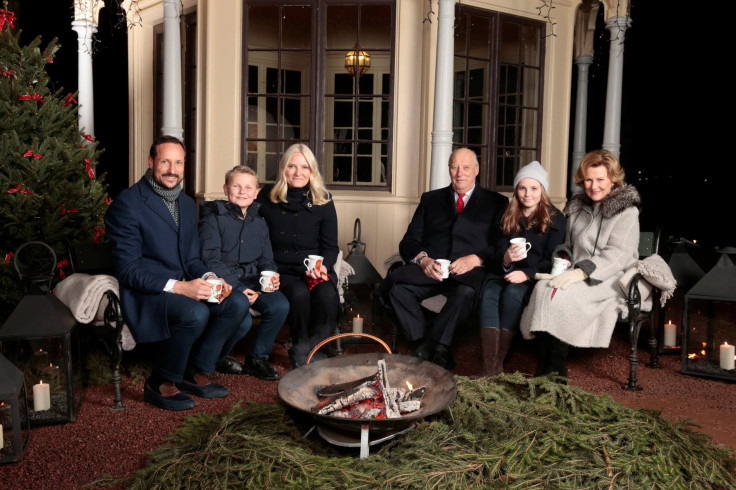Christians In Europe: Norway Divorces Protestant Church As Muslims Blamed For 'Parallel Societies'

Norway is asking for a divorce from its biggest, most important church. The Church of Norway and the Norwegian government will formally become separated on Jan. 1 after nearly 500 years.
Norway seeks to formalize a separation of church and state ordered by parliament eight years ago. Under the new law, Norway's 1,250 priests and bishops will no longer serve as government officials appointed by the king. That means the Church of Norway will become an independent business, and it's a big deal in a nation that has been grappling with an influx of Muslims and how to ensure other religions have equal protection.
“We are facing the biggest organizational change of the church since the Reformation,” Jens-Petter Johnsen, the head of the Church’s National Council, said. “The changes will create a clear separation between church and state.”
The bill that passed parliament nearly a decade ago overhauled Norway's Constitution by erasing the phrase, "The Evangelical-Lutheran religion will remain the state’s public religion.” Instead, lawmakers came up with this language: "The Church of Norway, an Evangelical-Lutheran Church, will remain Norway's national church and will be supported as such by the state."
But for proponents of separating church and state, that's not enough of a distinction.
“As long as the Constitution says that the Church of Norway is Norway's national church, and that it should be supported by the state, we still have a state church,” said Kristin Mile, secretary general of the Norwegian Humanist Association, according to local media reports.
Mille and others want to continue to fight for a full separation between the Church of Norway and the government.
“Apparently the time is not yet ripe. The major political parties seem to have enormous majority anxiety in regard to this issue. But I cannot imagine that the current solution will survive 20 years,” she said.
Norway has become less of a conservative Christian nation in recent years. The Open People’s Church (Åpen Folkekirke) won a huge victory last year that saw LGBT people given the right to marry within the church. And membership in religious communities outside the Church of Norway has grown by 11 percent in recent years.
Roughly 80 percent of Norway identifies as Protestant Christian, but only a small number of people attend church services. But Norway's religious beliefs could be changing.
The head of the Norwegian Police Security Service (PST) told a Swedish security conference in January that a wave of Muslim migrants in Europe could see "a growth of parallel societies, radicalization and extremist environments."
“A strong increase in immigration, particularly from Muslim countries, can cause other long-term challenges. When a large number of asylum seekers come to a local community, it can have unfortunate consequences,” Marie Benedicte Bjørnland said at the time.
Meanwhile, Norway’s integration minister, Sylvi Listhaug, from the anti-immigrant Progress Party, caused an uproar in October when she suggested Muslim migrants learn how to eat pork and drink alcohol.
"You must abide by the values, laws and regulations that are in Norway when you come here," she said at the time.
© Copyright IBTimes 2024. All rights reserved.












